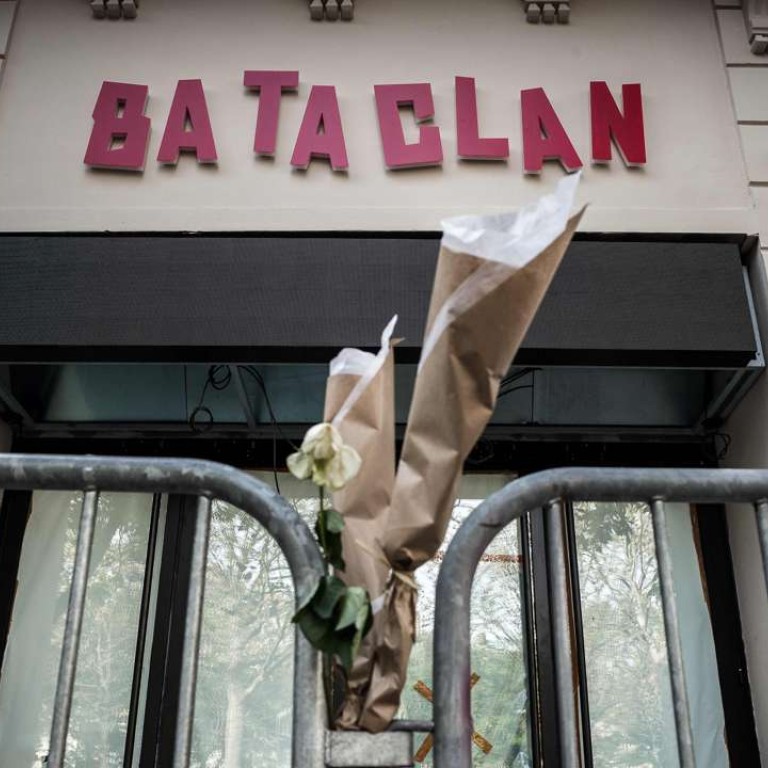
Europe cannot let down its guard against terrorism for a single minute
The tragedy in Paris a year ago is a reminder of the need for constant vigilance
A year ago in Paris, Europe was shocked into realising its vulnerability to terrorism. In the aftermath of a string of attacks on venues at which ordinary people had been enjoying everyday life came awareness that everyone was at risk. Extremists had struck before, but not so callously against the unsuspecting; there was no regard for age, race or religion, only that as many as possible be killed. The continent has not been the same, as the fall in tourism numbers, security checks in public places and the presence of soldiers so loudly proclaims.
It was Europe’s 9/11 moment, France’s worst-ever terrorist assault that drew attention to Islamic State-inspired homegrown extremism, the wave of Muslim refugees from the Middle East and Africa and the laxity of security and intelligence services. In the months since, IS-inspired attackers have repeatedly struck, in Belgium, Germany and again in France, most harrowingly when an armed truck driver ploughed into 85 people at Bastille Day celebrations in Nice. The carnage has spread around the world and plots are being uncovered by authorities every day.
European governments had long been warned by terrorism experts that a major strike by Muslim militants was likely. Just nine months earlier, 13 people had been shot dead in a rampage in Paris that began with the gunning down of 12 at the satirical magazine Charlie Hebdo. Yet those events failed to sufficiently galvanise police, security and intelligence forces; that balmy night on November 13 in the 10th and 11th arrondissements of the city, suicide bombers and gunmen rampaged through the streets, attacking cafes, a sports stadium and the historic Bataclan concert hall. In two hours, with 130 dead, Europe realised that no-one, not even people in a major Western capital relaxing after work, was safe. The British singer Sting reopened the Bataclan last night, performing in memory of the 89 young music fans killed. But the anniversary has to also be a reminder to authorities in Europe and elsewhere that they cannot for a minute let down their guard against extremism.

